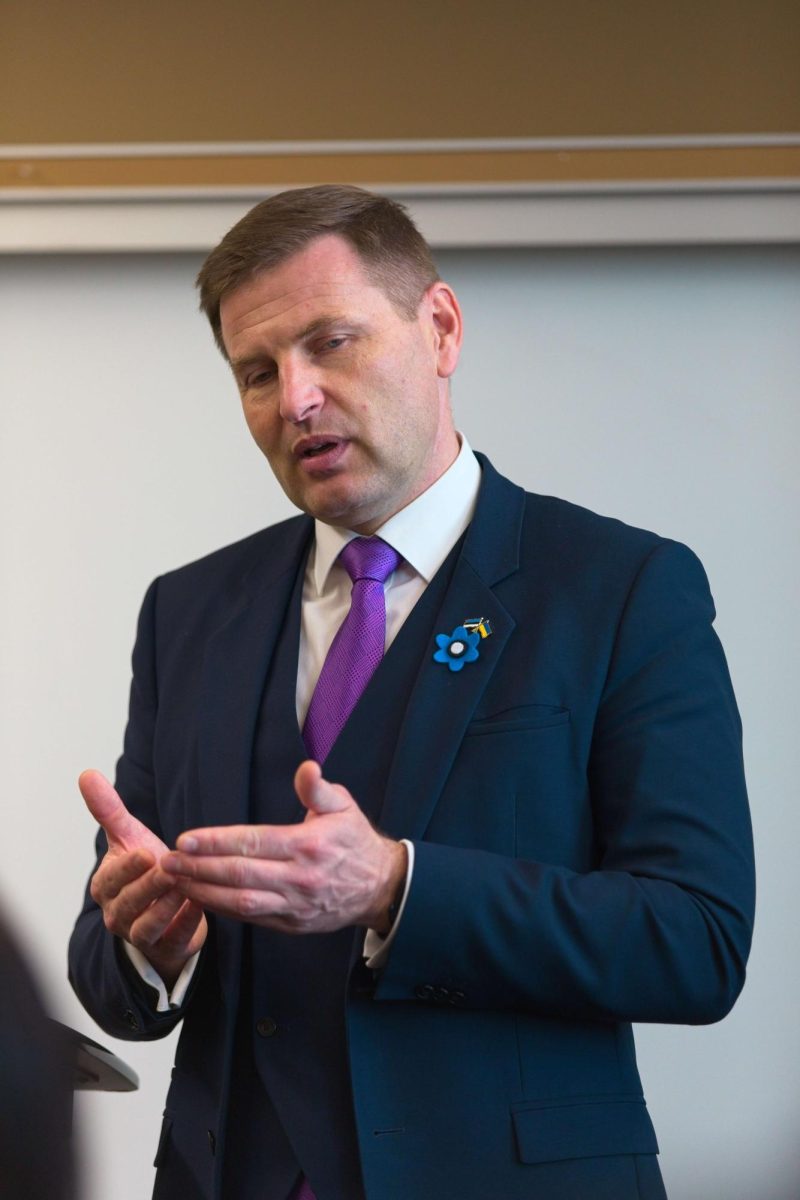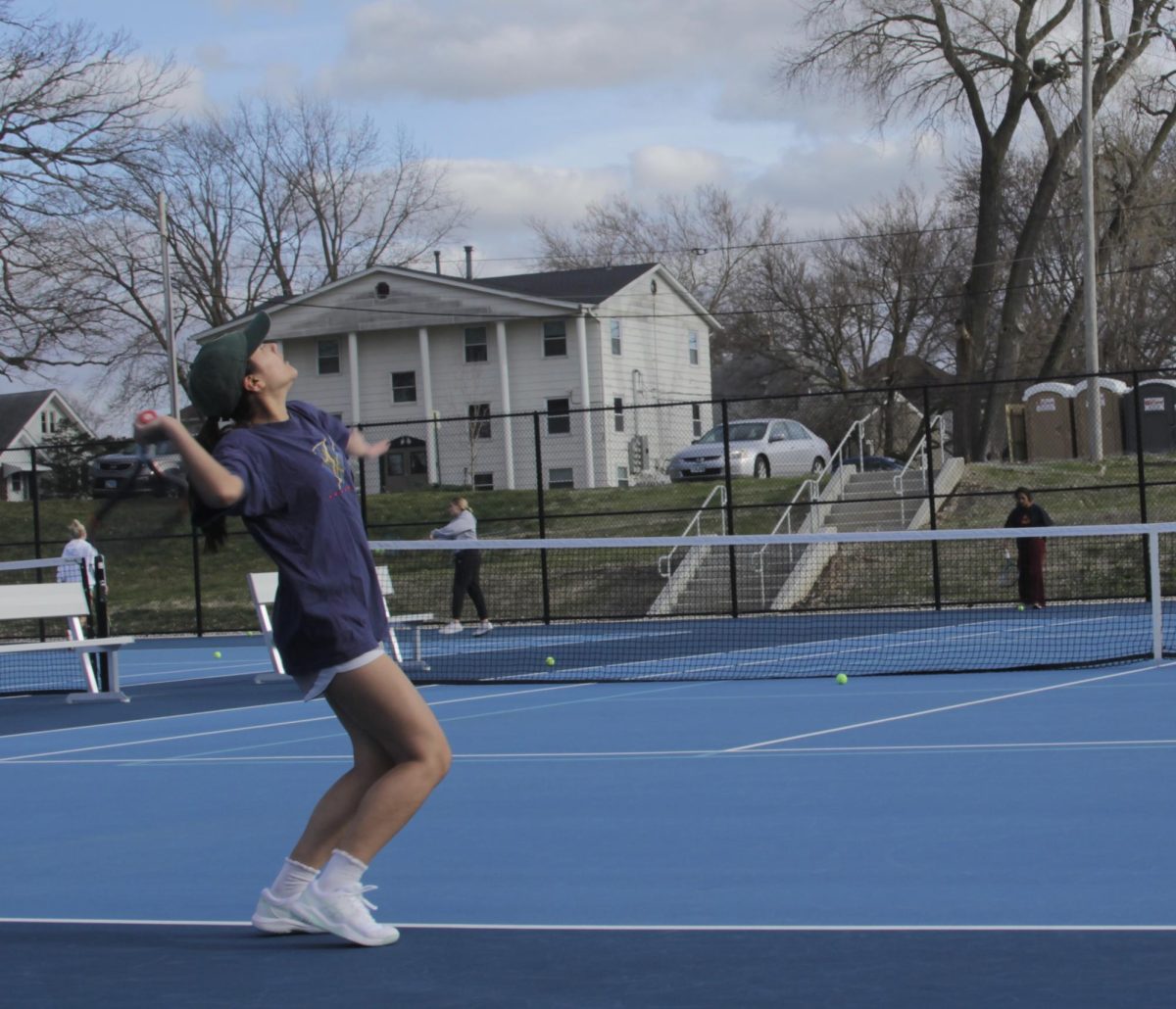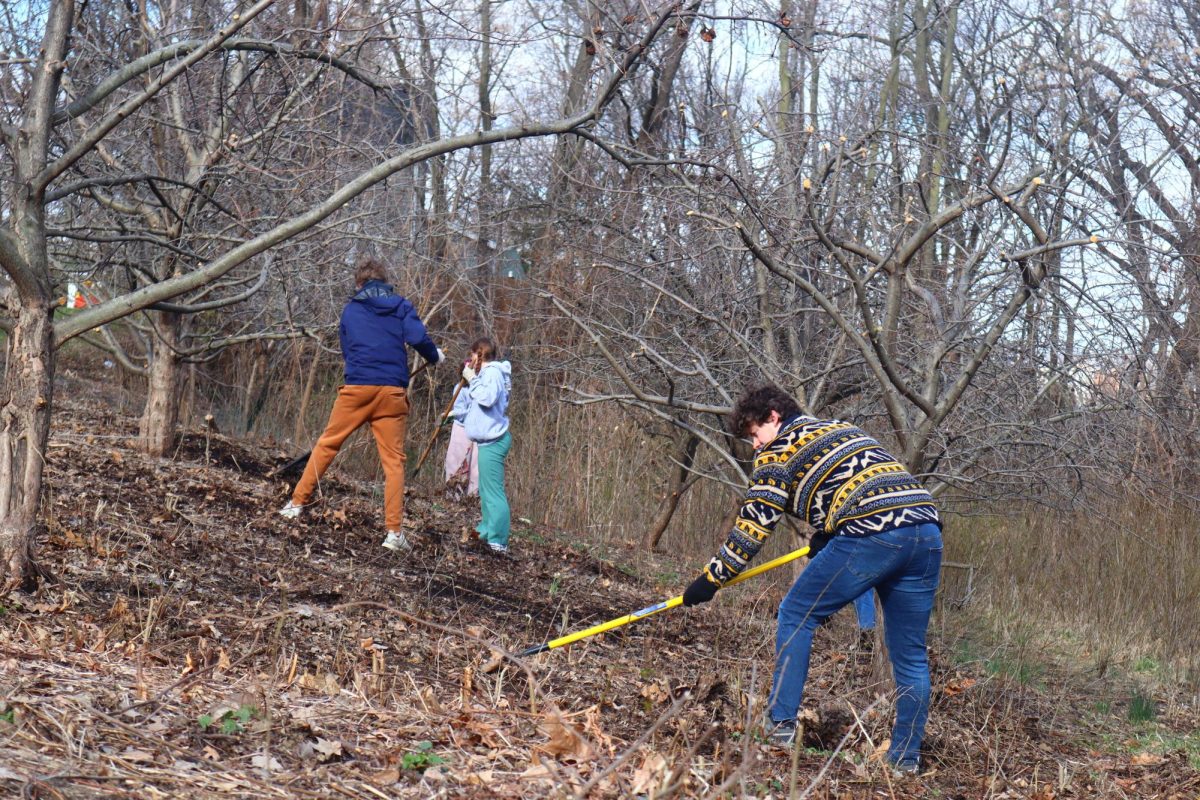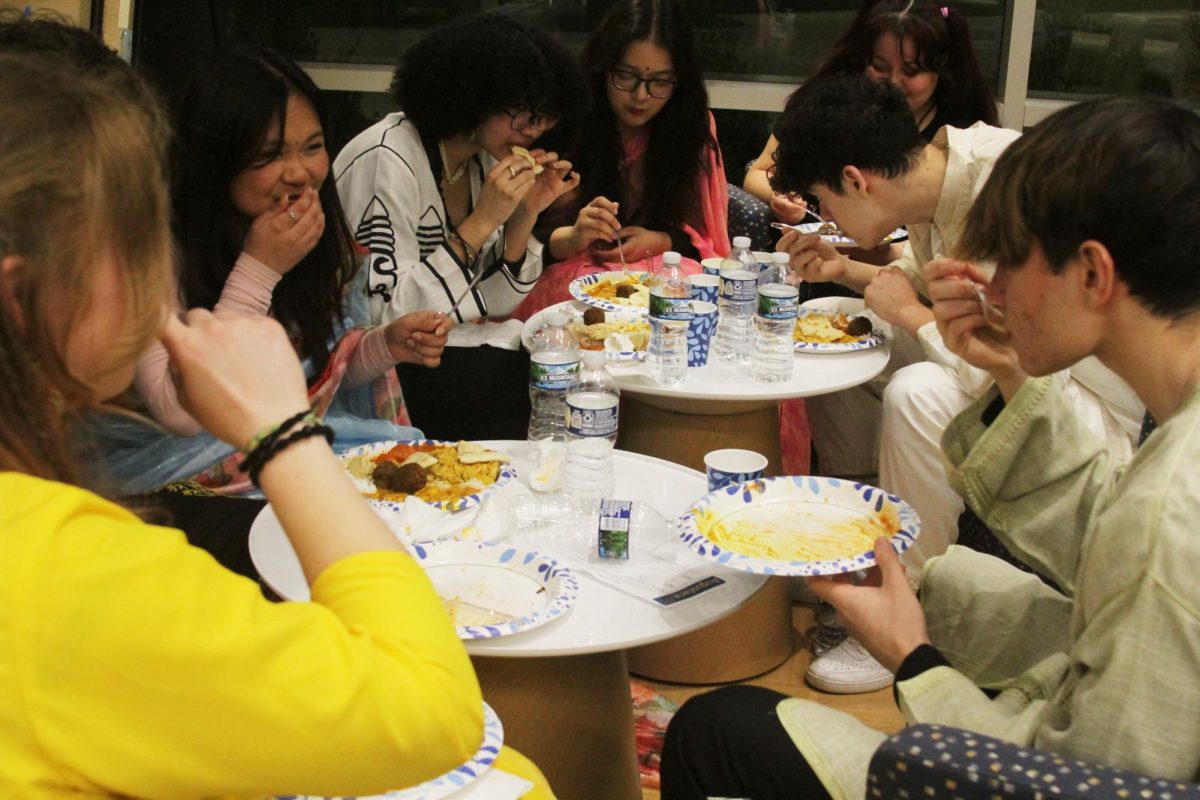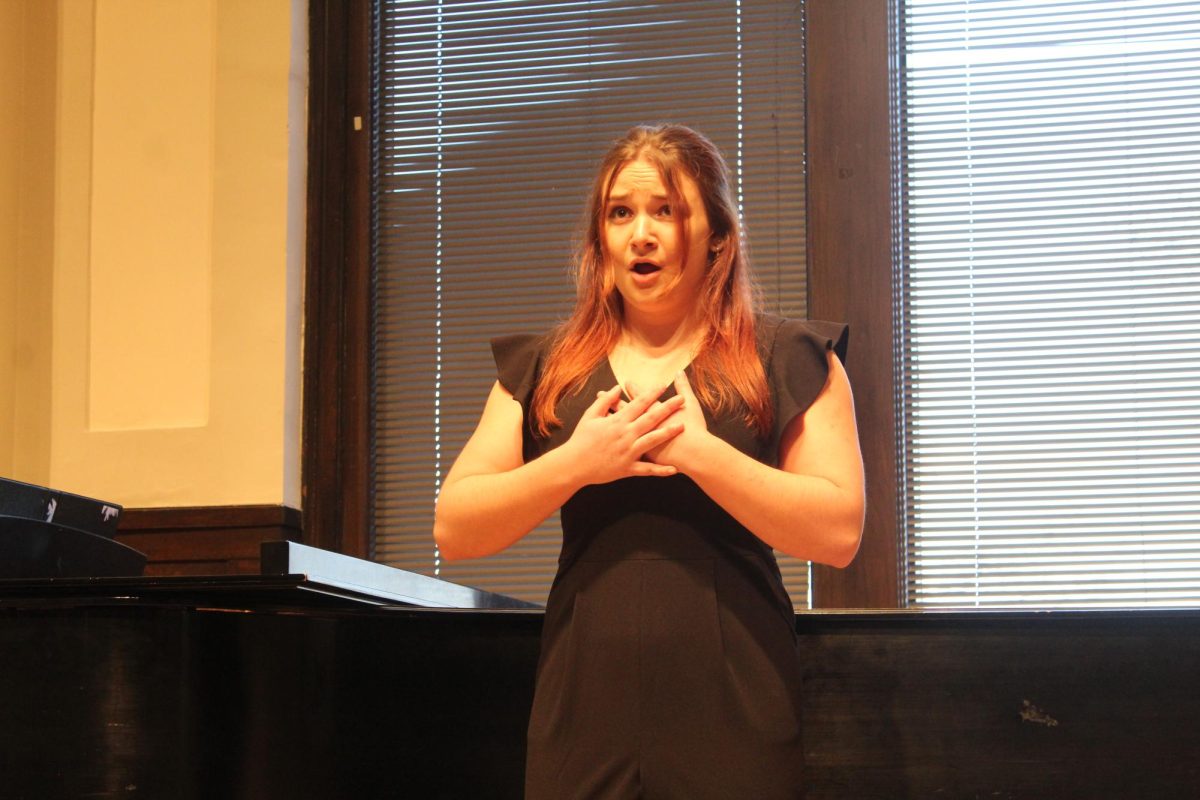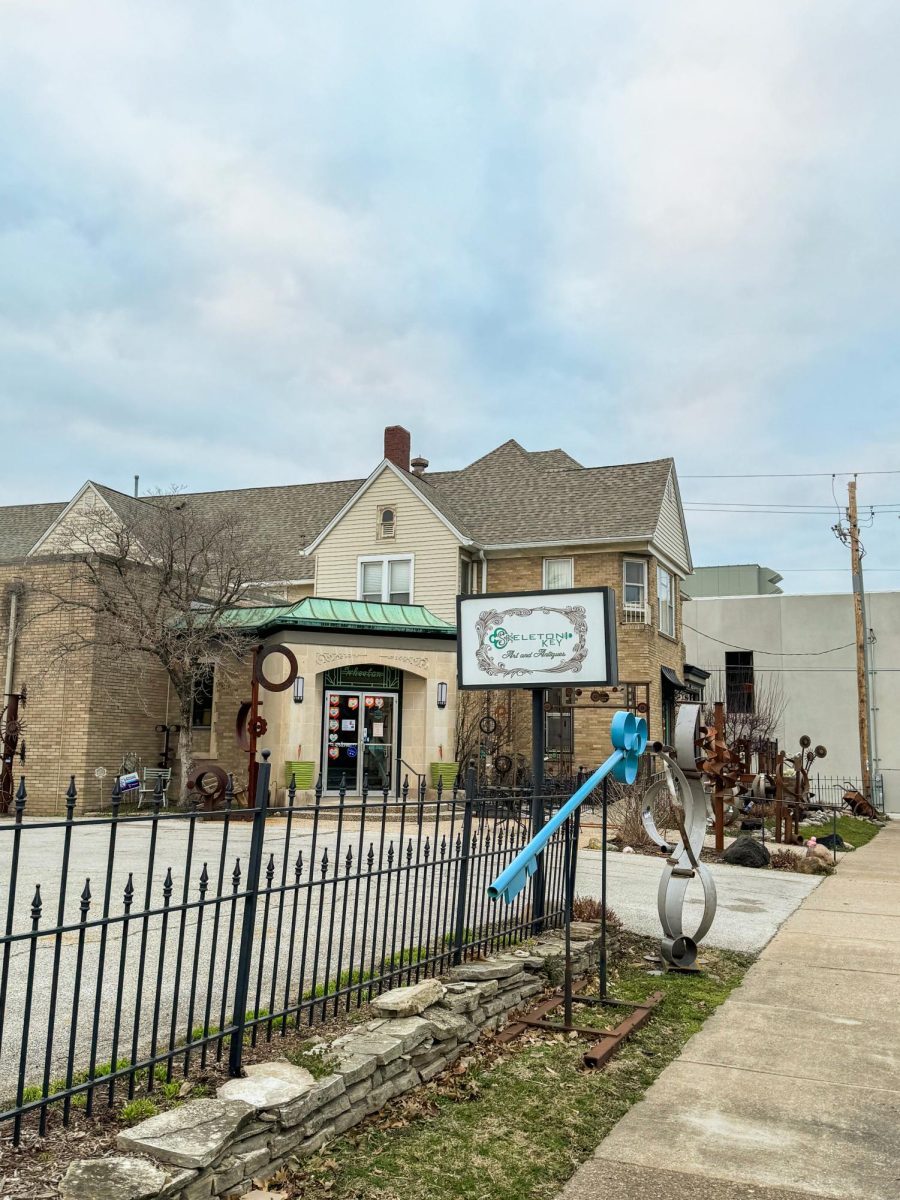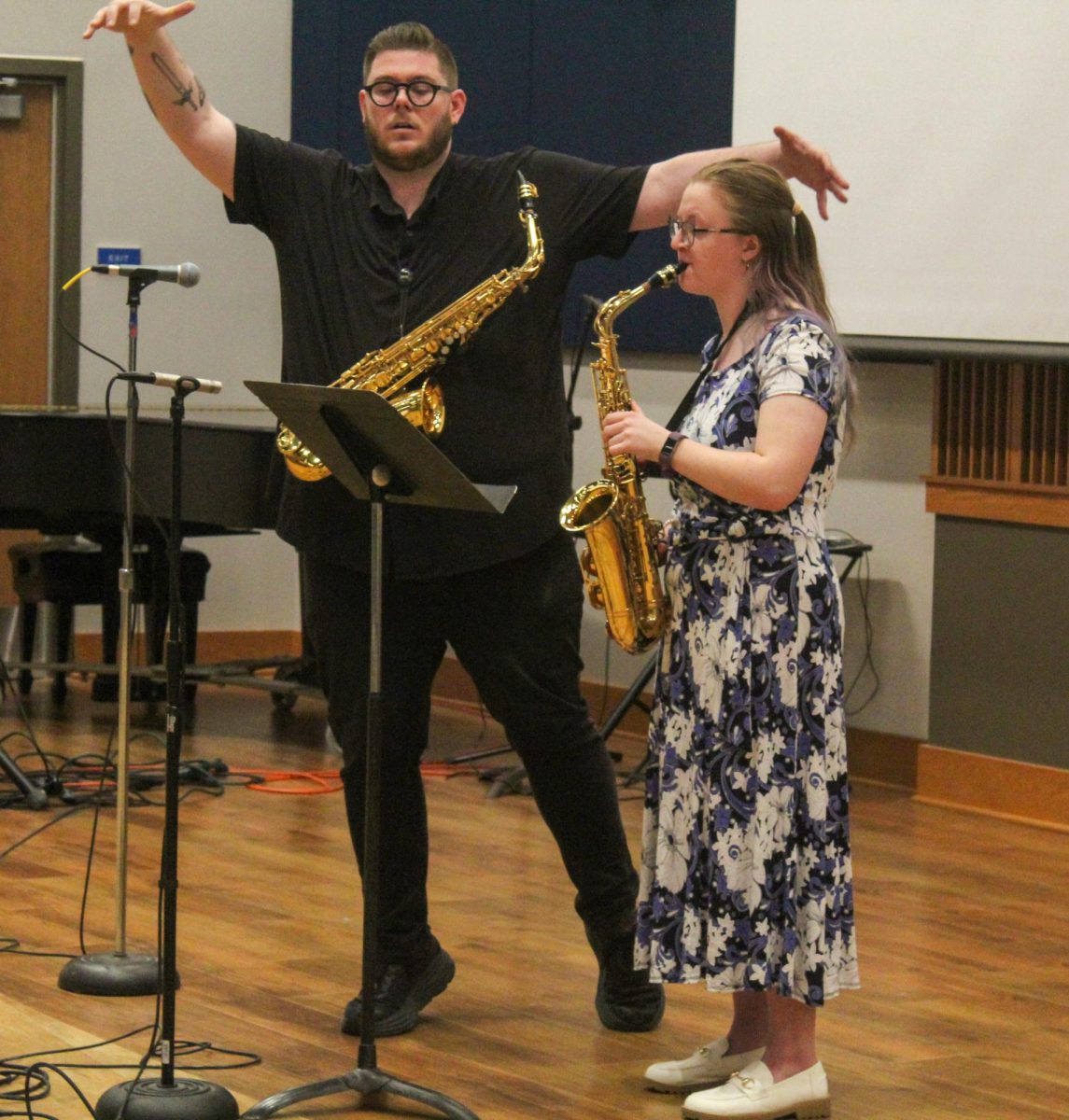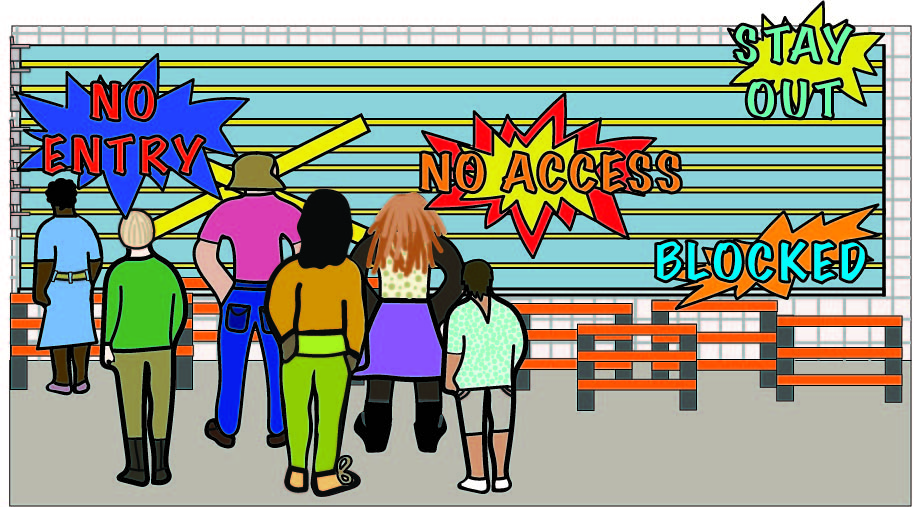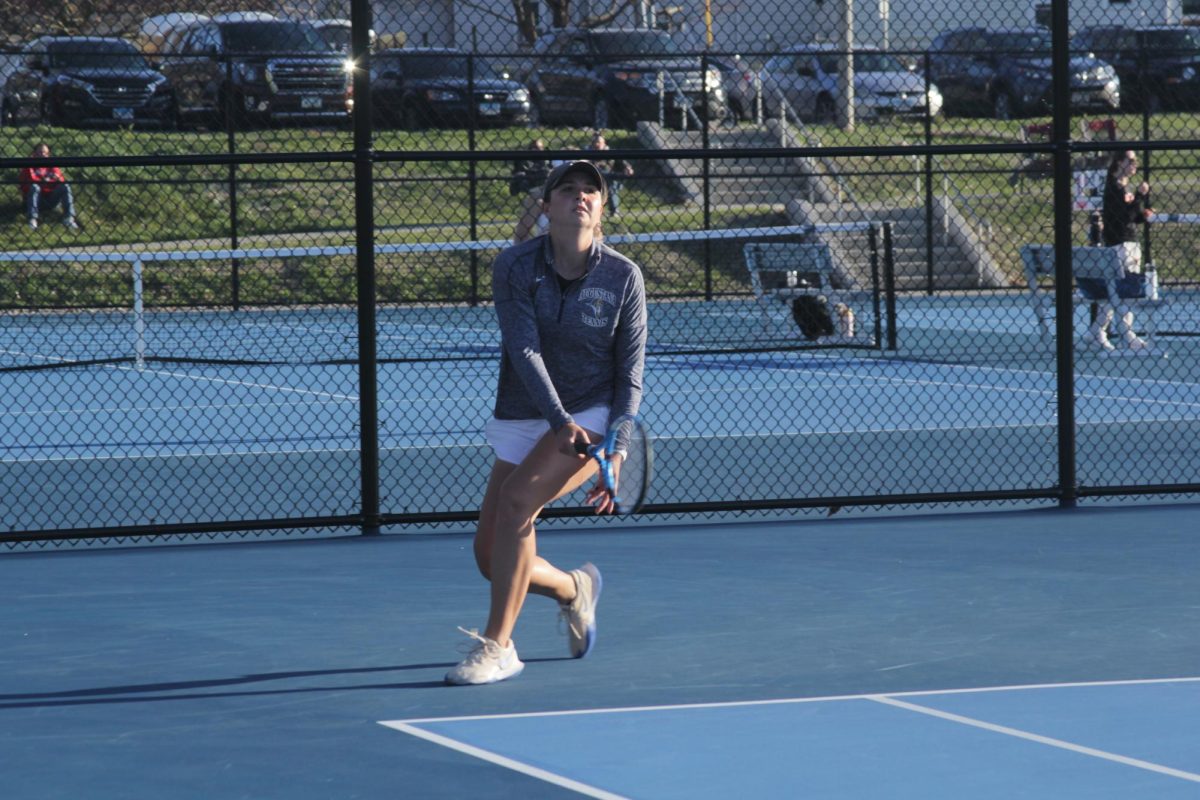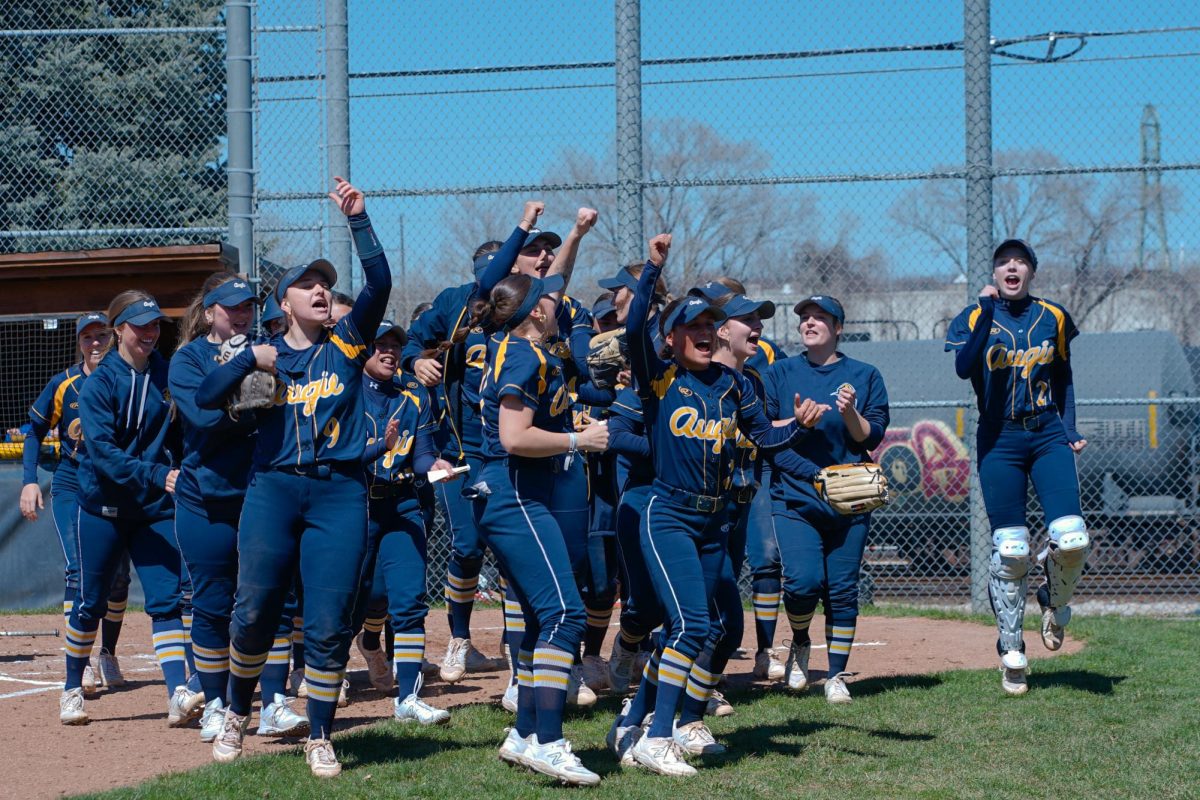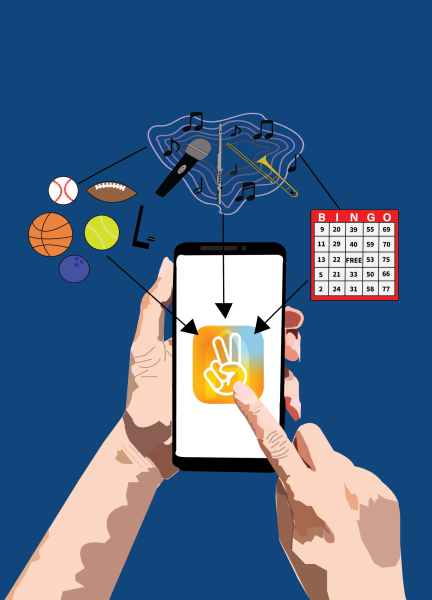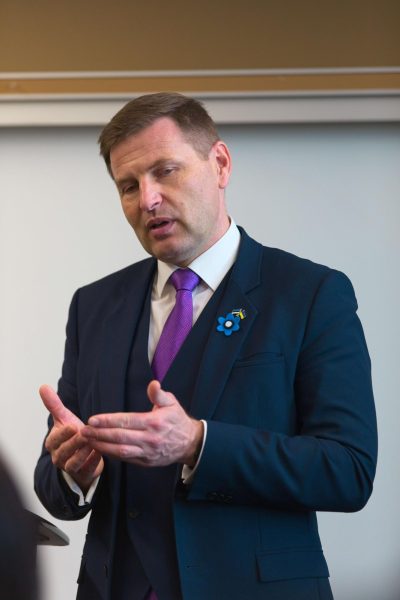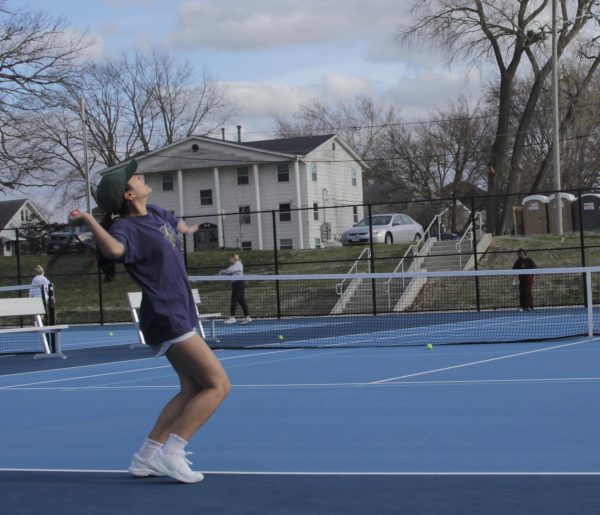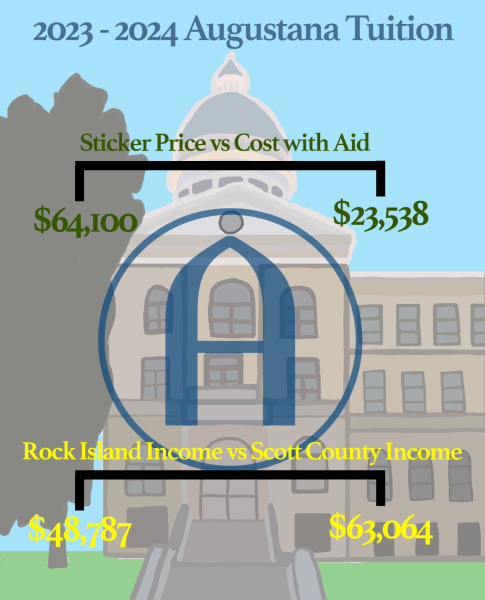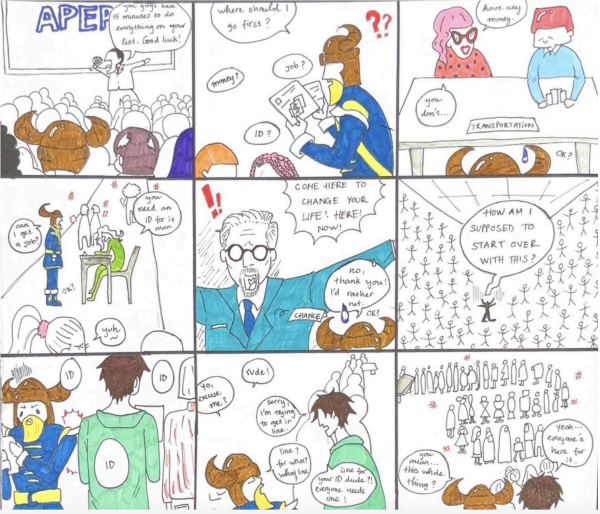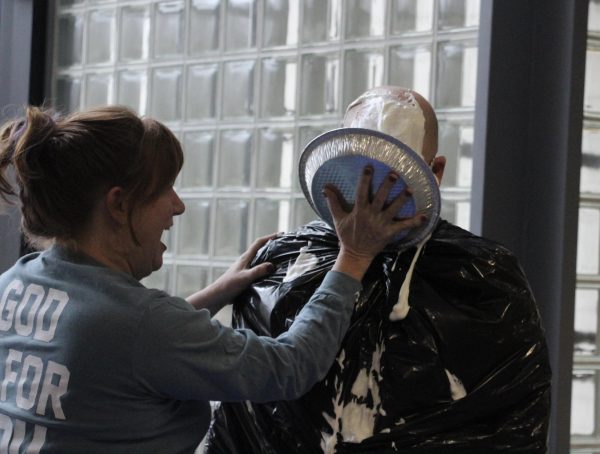Students struggle to access timely care
November 3, 2021
On Sept. 8, 2020, Observer staff member Olivia Doak reported on new mental and physical health services available at Augustana. Telehealth visits and services are now available 24/7, and the programming is experiencing ongoing updates.
Despite these resources, according to William Iavarone, director of counseling, only five percent of the student population utilizes the counseling services provided for them. This has raised the issue of outreach and awareness.
In addition, Iavarone’s data found that students have decreased their usage of the service and on average. Students only use half of their free sessions. Timely Care has six free sessions in addition to emergency services they provide. The school counseling session also has the same setup with six free sessions in the beginning.
“I do believe that the underutilization is connected to how we raise awareness about the service,” Iavarone said. “I think that in the years to come when welcome week is more natural and there’s less COVID threats we can do that easily.”
In addition, communicating new programs to students has seen an added level of difficulty due to COVID. Students were not able to attend Welcome Week, which has resulted in the lack of awareness that students have surrounding Timely Care for students.
Farrah Roberts, the director of student well-being and resiliency, also noted the issues regarding student outreach. Roberts is concerned that students are unaware of several programs that would be beneficial to students.
Roberts said, “I don’t think it’s in the hands of all the students who probably need it, which is always a challenge making sure that students know everything that is available to them.”
Students have also faced difficulty accessing the service.
Junior Seth Rohr, a member of the Student Government Association (SGA) and the representative of student wellbeing, acknowledged that the service has limitations.
“With the Wi-Fi lately and just computers being computers, there probably have been technical issues,” Rohr said.
Although the service does have issues, Roberts said that the team behind the service is able to repair the issues efficiently in order to bring the service back to the students.
“The response is very quick. It usually gets fixed in less than an hour,” Roberts said.
Iavarone also heard complaints from students about these issues and said that the issues are being monitored and repaired.
“We have had a good number of students saying they have tried and it didn’t work, and so we have reached out and asked the service providers and they told us it’s an IT issue and hopefully they have fixed it,” Iavarone said.
Despite the underused resources within this service, the students that do use it have raised the question of whether or not the service will move to an in-person format.
William Iavarone acknowledged those fears and said that he understands the need for a more accessible program.
“Sometimes students can’t make it until 4:30, they need a nighttime or they need the weekend. We don’t provide that here at Augustana, and so it’s an important supplement for timely care to fill in those gaps,” Iavarone said.
The Augustana community benefits from this service as it gives students options for who to talk to, especially since Timely Care is a nationwide chain of therapists working around the clock to help students.
“I personally hope that they keep the online services, because say someone has 30 minutes free, but with travel time it is only 15 minutes of actual time for the session. It would be really helpful to be able to have the full time for the session that we need, even if it is online,” Rohr said.

